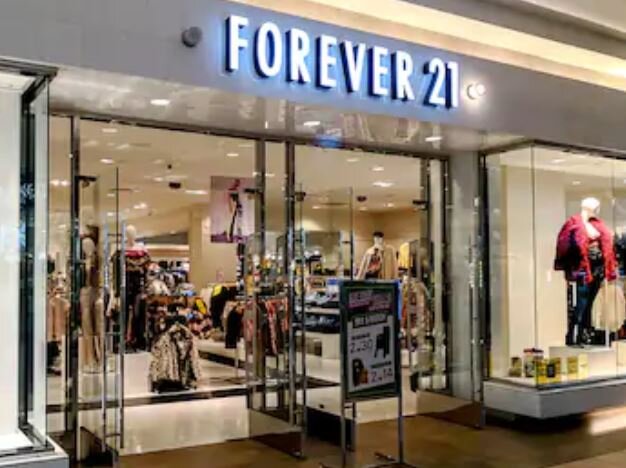The Retail Apocalypse and Fall of Forever 21
photo courtesy of shuttershock.com
Our generation loves clothes. Actually, we are obsessed! Arguably the best part of the week is when we pull up the Urban website and fill our carts until we completely drain our bank accounts. However, driving to the mall and shopping in a physical store is a completely different story. Now more than ever, college students and working adults alike are buying clothes, shoes, jewelry, and even groceries online. Take one look around the
Syracuse campus and you’ll see orders for Good Uncle, Amazon, and Go Puff daily. Shopping just isn’t the same anymore. This especially applies to our old friend, Forever 21. Just recently, the company filed for bankruptcy. Along with online shopping, ‘fast fashion’ is becoming frowned upon in the fashion industry and is another reason why the once booming store is now failing. Yes, we’ll miss those $5 sweatshirts that say “I love Friday” on the back, but their demise is only the next logical step to become more ethical and sustainable. Read Jerk’s article on fast fashion to learn more about why we need to cut the shit.
According to Bloomberg, those born in 1998 or later prefer to buy their clothes online, and are no longer interested in Forever 21’s cheap ‘eye-catching designs’. Just like many other failing businesses, Forever 21 is losing hundreds of its retail stores. Although they are not completely shutting down, a rebrand may be necessary for them to stay afloat.
What does this mean for us? Or Destiny USA? Is this the definitive end of retail stores for good? No need to fret just yet, you can still buy those cheap (but adorable) earrings and scrunchies from the checkout lane of Forever. Shopping is simply shifting towards what we consumers want. This in turn could be a good thing for both businesses and the environment, as retail stores often take up unnecessary amounts of energy and space.
Companies such as Sears, Claire’s, and Payless have also gone bankrupt due to the shift in consumer culture. CBinsights, a machine intelligence program, mapped out the 68 retail bankruptcies that have occurred from 2015 until now. Retail stores are just becoming too big and companies are not able to manage them anymore. Debt, greed, and inequality are all driving forces here. In a materialistic world, expansion is always the answer.
However, that is not true anymore; these failures should signal a change in how companies should be run. Quality over quantity should be the answer, and we should follow that trend too. Hopefully, Forever 21 and other companies will realize that opening hundreds of large stores is not always the answer. It’s ok, our fashion sense is changing for the better. Forever 21, we’ll miss you, but it’s time to break up.

